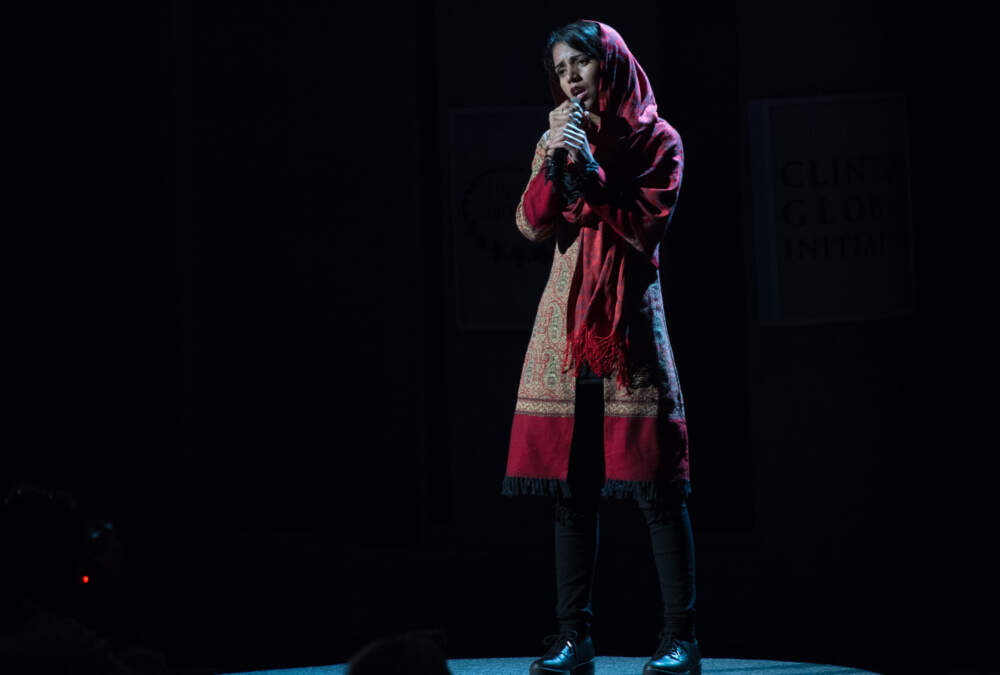Advertisement
The sound of global hip hop: Why the genre resonates around the world
Resume
Hip-hop, though a uniquely American art form, has spread across the world as a tool for social change.
The genre has been the voice of various generations demanding social change and even revolution: Rappers in Tibet are using hip-hop to preserve the traditional language. And in Tunisia, hip-hop even helped launch the Arab Spring.
Poet and rapper Omekongo Dibinga teaches a course on global hip-hop at American University. Hip-hop gives a voice to marginalized people everywhere who feel like they’re being oppressed or ignored by society, he says.
And he says people without resources to play instruments or money for music lessons can use their mouths to make music.
“Since across the globe, the majority of people are marginalized in some way, shape, or form,” Dibinga says, “it would make sense that hip-hop would translate across the world like that.”
Hip-hop artists from around the globe
Sonita Alizadeh, from Afghanistan
Dekyi Tsering, from Tibet
El General, from Tunisia
Somos Mujeres Somos Hip Hop, from Latin America
This segment aired on September 12, 2023.





